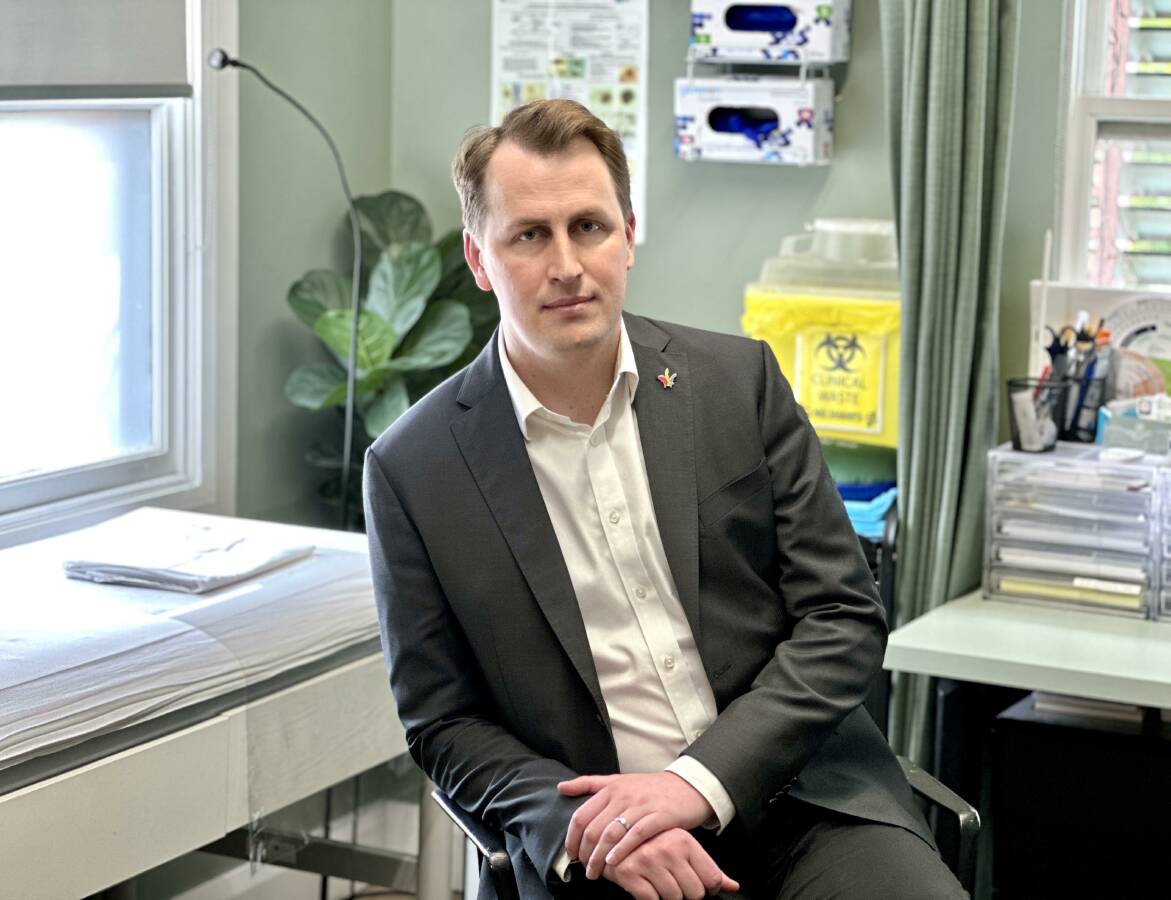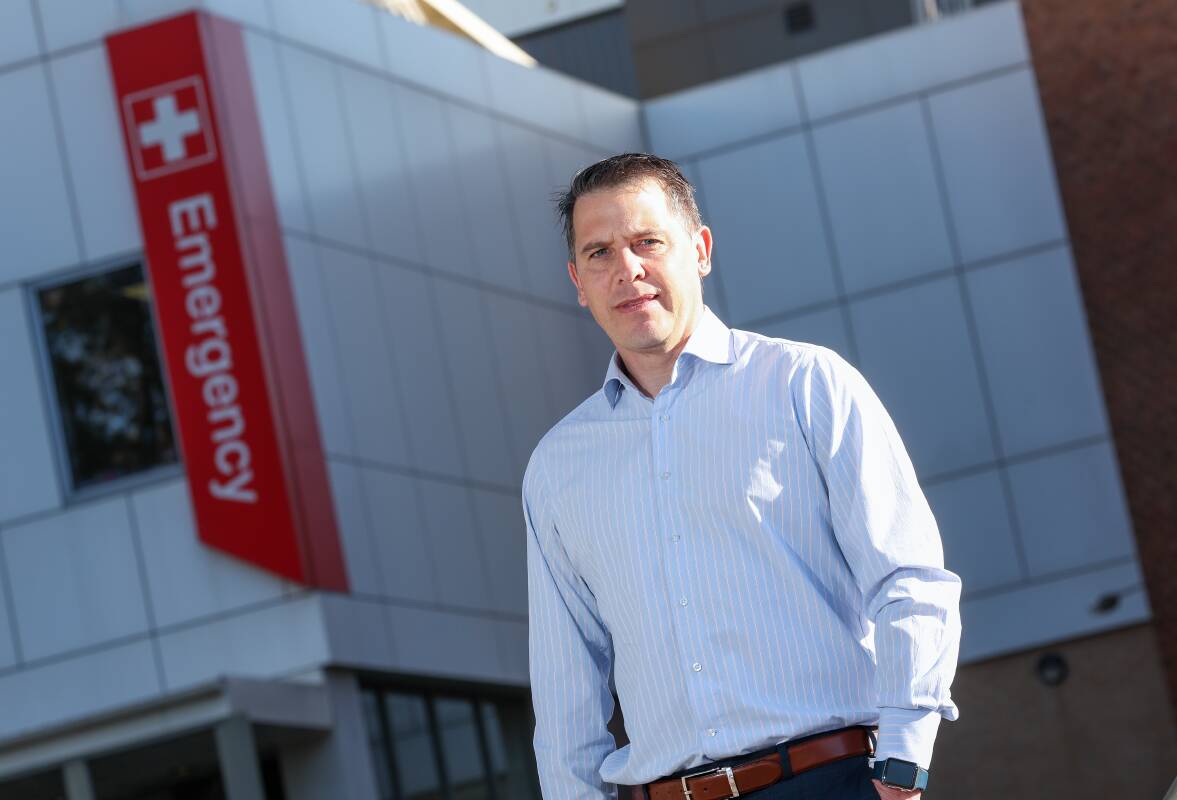THE number of postponed surgeries across the Hunter has increased by an average 76 per cent over the past four years, as the region grapples with waitlist blowouts.
Data obtained via freedom of information legislation reveals the number of surgeries postponed or cancelled at Hunter hospitals rose by up to 160 per cent in the four years to the end of 2022.
Belmont Hospital recorded the biggest blow-out, jumping from 179 to 465 between 2019 and 2022, while at John Hunter Hospital the number rose by nearly 20 per cent.
Hunter New England Health says surgical postponements are not done lightly, and acknowledged the impact it has on patients, their families and carers.
"An increasing and ageing population with a growing incidence of chronic disease has contributed to a rising number of referrals for specialties such as orthopaedics, gastroenterology and ear, nose and throat (ENT)," a spokesperson said.
"Staffing challenges and a national shortage of medical specialists also has an impact on surgical capacity. We continue to respond with targeted, strategic workforce planning, including a district-wide approach to recruiting specialists."
The most recent Bureau of Health Information quarterly report provides no comfort, showing the number of people "waiting longer than recommended" for semi-urgent and non-urgent surgeries increased by 45 per cent (94 people) and 49 per cent (178 people) respectively across the Hunter New England region.
The increase in average wait times for semi-urgent operations blew out by eight days to nearly 12.5 days. Overall, there were 11,017 patients on a surgical wait list, up 4.8 per cent, or 507 patients, compared to the same quarter in 2022.
The region is home to the second longest wait lists in the state overall, as well as for specific procedures including cataract extraction, knee replacements, and inguinal herniorrhaphy (or hernia removal) with a total of 4,579 people waiting their turn for those operations.
It has the longest queue for a hip replacement, with 410 patients in line for that, compared to the next closest LHD being South Western Sydney with 324.
That is despite the fact a total of 7,403 planned surgeries were performed across HNELHD during the quarter, an increase of 8.3 per cent, or 566 surgeries, compared with the same quarter last year.
Almost all urgent planned surgeries (99.7 per cent) were performed on time. That is against a backdrop of growing pressure on emergency departments in the Hunter.
President of the NSW Australian Medical Association, Dr Michael Bonning, said his organisation was concerned about access to non-urgent surgery both in the Hunter and across the state.

"Non-urgent surgery such as hip replacements are critical services and patients waiting for such services are often unable to work or undertake normal activities," Dr Bonning said.
"Our hospitals are overwhelmed with emergency demand, making it difficult to accommodate non-urgent surgery.
"A lack of workforce, particularly in regional hospitals is a critical and worsening issue. We are all concerned that the NSW budget, which amounts to a cut to the health system, will further impact on the capacity of NSW to meet surgical targets."
Nationally, the (AMA) estimates that the waiting list for Australians in need of public elective surgery is half a million individuals. There are another estimated 400,000 on what's called the 'hidden waiting list' who are patients still waiting to be seen as outpatients before surgery can be scheduled.
The NSW State Government says it has halved the state's overdue planned surgery list, citing the results of a Surgical Care Taskforce interim report.
Health Minister Ryan Park said the number of planned surgeries waiting longer than clinically recommended between March and September 2023 was slashed from 14,067 to 7,010.
To achieve that, the taskforce has expanded the category of some procedures eligible for same day surgery when clinically appropriate, as well as increasing the capacity for NSW Health to undertake surgeries.
The taskforce identified common (or high volume) procedures typically undertaken with a one-night stay and has identified surgery types that can be increasingly conducted as same-day procedures, Mr Park said in a release on Thursday (October 26).
The next steps were to focus on building capacity in the NSW public health system to ensure a sustainable surgical service, reducing wait times as well as demand for overnight beds.

"I see the thousands of patients in our community waiting for life changing surgery, often in pain and discomfort," Mr Park said.
"We have brought together some of the state's leading clinicians to find and embrace innovative solutions, to improve the delivery of health care, and ultimately improve health outcomes for the people of this state.
"I thank NSW Health staff for their tremendous efforts throughout this period of high planned surgery activity across NSW, as these results are a testament to their hard work, dedication, and determination to get access to care for our patients.
"I also thank the private hospital partners who have played a very important role in achieving this outcome."







